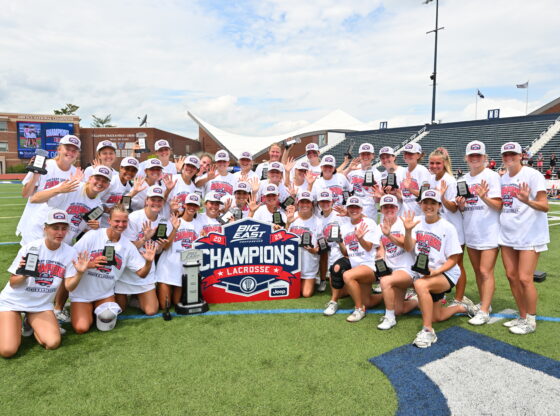School boards across the nation are facing increased tension as districts are pushed to make decisions regarding divisive issues such as critical race theory (CRT) and COVID-19 protocols. However, members of the Denver Public Schools (DPS) Board say that despite the amplified challenges of the last year and a half, their focus remains the same.
“At the end of the day, even with the pandemic, the question [is]: How do we help our students and their learning?” Denver school board member Reverend Brad Laurvick said.
Nationally, school boards have experienced tension in their meetings as well as far greater turnover than usual. In 2021 thus far, there have been recalls—a process where a board member is voted to be removed through local petition efforts—at more than triple the average yearly rate for school boards. This statistic does not take into account resignations, which have become exit plans for board members such as Paul Pitton of Grand Junction.
Last month, Pitton told the Colorado Sun that during a school board meeting focused on COVID-19 measures, himself and his colleagues were forced to flee under police escort from a “mob of irate parents.” He resigned soon after.
“It just got to me,” he told the Sun. “Kids, for me—and providing a good education for those kids—have always come first. These things have pulled us away from that.”
Increased violence and threats against board members across the country have been acknowledged by the Department of Justice and United States Attorney General Merrick B. Garland, who released a memo calling for federal action. Through this memo, the F.B.I. has been tasked with working alongside local law enforcement agencies to monitor threats against school districts.
This federal response has prompted opposition from parents and Republican lawmakers alike. Attorneys General from 17 states came together to publish their own memo renouncing Garland’s orders, arguing that the memorandum “seeks to chill lawful dissent by parents voiced during local school board meetings by characterizing them as unlawful and threatening.”
Locally, Douglas County parent Will Johnson describes his perspective to Fox News.
“What it comes down to for me, and I think for so many other parents, is who owns the education and the moral formation of our kids?” he asks. “Is it the parents or is it the state?”
Regarding COVID-19 protocols, Denver school board member Tay Anderson said that Denver has not had the same issues as other districts when it comes to debates over masking and vaccinations.
“People in Denver understand that we’re not [messing] around,” Anderson said. “We have to be able to move forward with what’s best for kids.”
Similarly, as CRT garners tension across the state and nation, Anderson said that Denver has seen very little pushback on the district’s practices of culturally inclusive curriculum.
However, it is important to note that CRT, a concept that has become a political buzzword in the arena of education, is not currently being taught in any K-12 schools in Colorado.
“It’s not a part of our curriculum whatsoever,” Anderson said. “When you see districts in rural Colorado passing anti-CRT bans, they’re doing nothing but virtue signaling to a conservative base.”
The last year and half for DPS has not been without challenges, though. Last winter, in the midst of the pandemic and completely online learning, former DPS Superintendent Susana Cordova resigned from her position.
Although Cordova did not indicate that her resignation was due to political pressure or intensified conflict, her departure depicts a microcosm of the issues that school boards across the nation are facing.
“We, as people who live in America, have lost our ability to engage in discourse with those who disagree with us,” Laurvick said. “My hope is, that by listening better to each other, we’ll find that we share many of the same fears and feelings.”
In the context of the DPS Board, Laurvick said that the brokenness of our national discourse makes the learning experiences of the district’s students all the more important.
“We have the opportunity to teach them how to disagree, to model for them [how] to hold space for other opinions,” he said. “It’s the only way to break the cycle.”










